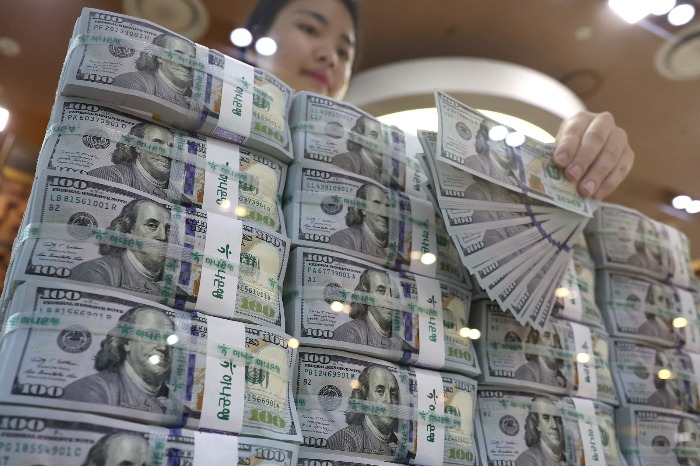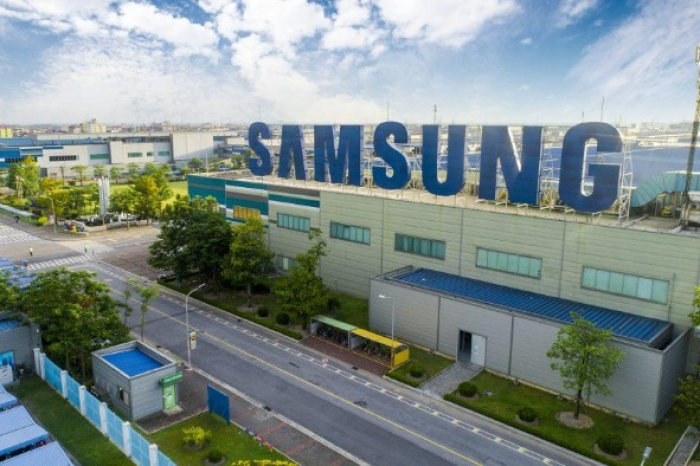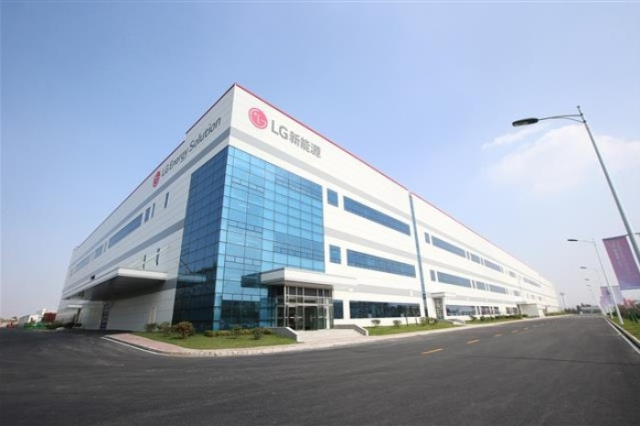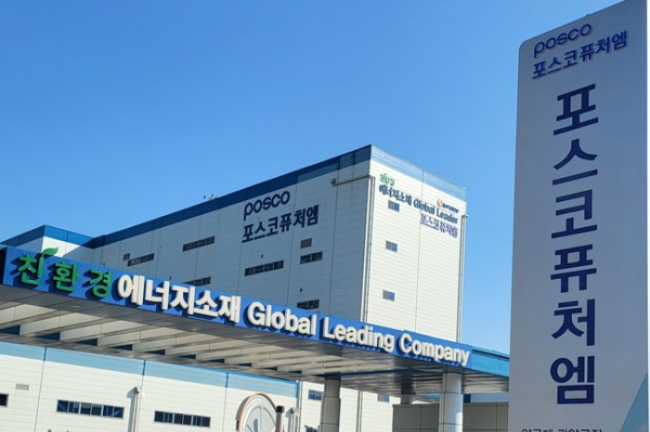Business & Politics
Korea Inc.’s dividend repatriation soars on new tax breaks
A total of 10 firms collect $31 billion in dividends from abroad until September, 12 times the value of a year ago
By Nov 19, 2023 (Gmt+09:00)
3
Min read
Most Read
LG Chem to sell water filter business to Glenwood PE for $692 million


Kyobo Life poised to buy Japan’s SBI Group-owned savings bank


KT&G eyes overseas M&A after rejecting activist fund's offer


StockX in merger talks with Naver’s online reseller Kream


Mirae Asset to be named Korea Post’s core real estate fund operator



Major companies in South Korea, such as affiliates of Samsung, LG and Hyundai Motor Group, are bringing larger amounts of capital back home from abroad this year on the government’s new corporate tax breaks.
A total of 10 firms collected 39.9 trillion won ($30.8 billion) in dividends from overseas for the first nine months of this year. The repatriated dividends are more than 12 times the value of the same period a year ago.
These are the companies that disclosed dividends from their offshore operations this year, with dividends for the three quarters exceeding 10 billion won each.
They are Hyundai Motor Co., Samsung Electronics Co., Samsung SDI Co., Samsung Engineering Co., LG Electronics Inc. LG Energy Solution Ltd., LG Chem Ltd., POSCO Holdings Inc., Doosan Bobcat Inc. and Orion Corp.

MONEY BACK TO KOREA
Including the 10 firms, Korean companies brought a combined $38.2 billion in dividends from overseas operations to their headquarters between January and September, according to the data from the Bank of Korea.
Samsung Electronics collected 29.1 trillion won back to Korea in the first nine months, skyrocketing 176 times from a year ago. The repatriation is the largest for a Korean firm during the three quarters of this year.
Hyundai Motor brought $5.9 billion back home from January to September, 4.6 times a year ago.
LG Electronics repatriated $1.4 trillion for the nine months, more than three times the same period last year.
POSCO Holdings bagged 444.8 billion won in dividends from overseas subsidiaries for the three quarters, up 28.5% on-year. The cash includes 233.6 billion won from its invested company Australian miner Roy Hill Holdings, according to the Korean firm’s quarterly report.
Construction equipment maker Doosan Bobcat brought 199.5 billion won worth of dividends from January to September, similar to the same period last year. Its sales from North America accounted for nearly 70% of its total revenue.
Orion, the snack maker known for Choco Pie, bagged a combined 48.6 billion dividends from its Vietnamese operation until September. It had no dividends from its foreign affiliates to Korea last year, despite 120 billion won in revenue from Vietnam during the year.

CAPITAL IN LOCAL FACILITIES
Samsung Electronics’ cash reserves in its Korean headquarters accounted for only 3.9 trillion won of its total 115.2 trillion won in last year's cash reserves, the majority of which were in the US and Vietnam.
The chipmaking giant will inject the dividends repatriated in its semiconductor facilities in Pyeongtaek, Gyeonggi Province. The company said in October that its facility investment this year will reach 53.7 trillion won, the largest ever.
Hyundai Motor Group has said its facility investment for this year will amount to 7.7 trillion won. The auto giant plans to pour 24 trillion won in EV facilities in Korea by 2030.
LG Group, which collected its dividends from Chinese and Thai affiliates, has used a significant portion of the capital for home appliance manufacturing facility expansion.
POSCO Holdings plans to use the dividends for secondary battery material businesses.

REVISED LAW
The major companies’ “capital reshoring” will benefit from the Korean government’s corporate tax breaks that became effective in January of this year.
Under the amended corporate tax law, up to 95% of income generated abroad can be repatriated with tax exemption. The remaining 5% of dividends from foreign subsidiaries will be levied at home if the dividends are already taxed in foreign countries.
The repatriated dividends will improve Korea’s current account balance, experts say.
The balance in September was $5.4 billion in surplus, posting a profit for the fifth straight month; but the September figure, compared with a year ago, logged a 2.4% decline in exports and a 14.3% plunge in imports.
“The increased dividend repatriation played a significant role in providing a reprieve for the weak Korean won, and the capital used for domestic facilities created jobs,” said Joo Won, deputy director of the economic research department of Seoul-based Hyundai Research Institute.
Write to Ik-Hwan Kim at lovepen@hankyung.com
Jihyun Kim edited this article.
More to Read
-

-
 Korean chipmakersSamsung in talks to supply customized HBM4 to Nvidia, Broadcom, Google
Korean chipmakersSamsung in talks to supply customized HBM4 to Nvidia, Broadcom, Google24 HOURS AGO
-
 EnergyLS Cable breaks ground on $681 mn underwater cable plant in Chesapeake
EnergyLS Cable breaks ground on $681 mn underwater cable plant in ChesapeakeApr 29, 2025 (Gmt+09:00)
-
 Business & PoliticsUS tariffs add risk premium to dollar assets: Maurice Obstfeld
Business & PoliticsUS tariffs add risk premium to dollar assets: Maurice ObstfeldApr 29, 2025 (Gmt+09:00)
-

Comment 0
LOG IN


